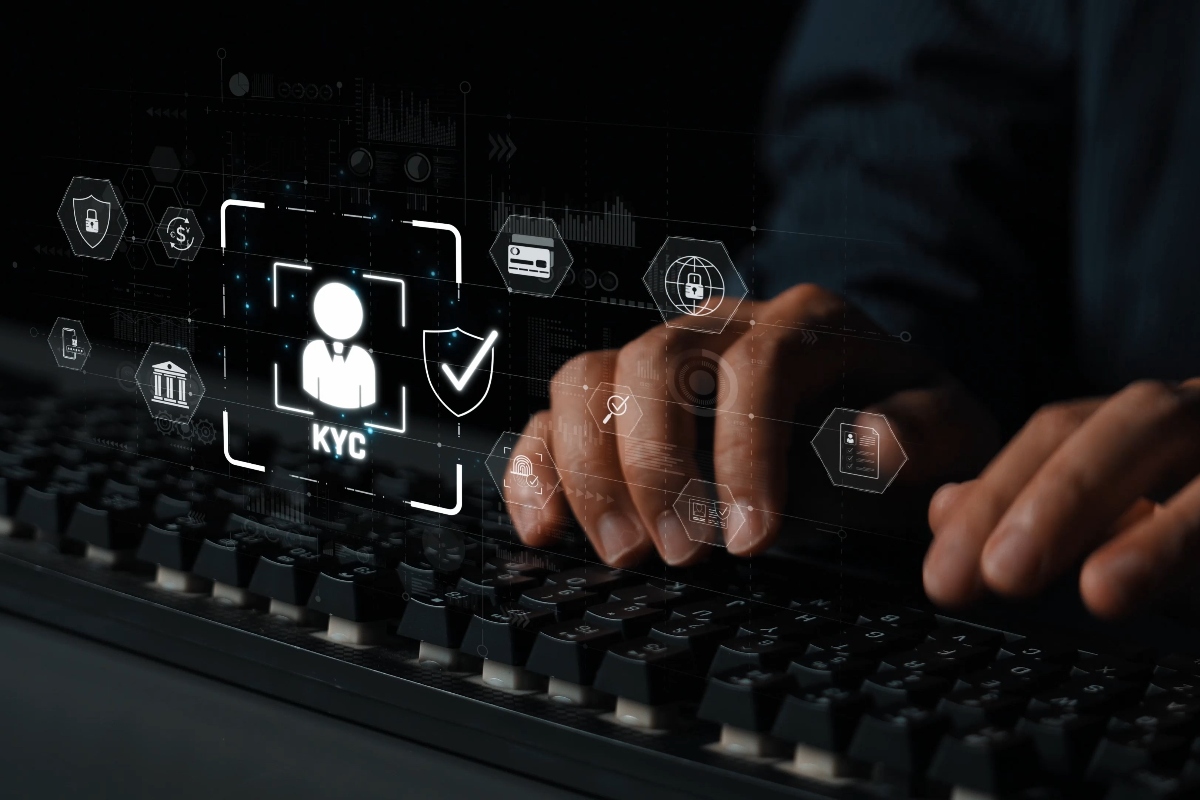The adoption of electronic signatures has become increasingly important in legal processes, driven by technological advancements and the need for more efficient, secure, and remote-friendly solutions. The recent introduction of Practice Guide 82 (PG82) by HM Land Registry represents a significant step towards modernising the conveyancing process, addressing key compliance challenges with electronic signatures.
In this article, we provide a comprehensive guide to understanding PG82 and ensuring full compliance with its requirements.
What is PG82?
PG82 outlines several critical compliance requirements for electronic signatures, including maintaining audit trails and ensuring the physical presence of a witness during document signing. This guidance marks the recent acceptance and implementation of electronic signatures by HM Land Registry, driven by technological advancements and the push for digital transformation in legal processes.
The change is happening now due to increased demand for efficiency, enhanced security measures and the impact of the recent pandemic on remote operations. These factors have collectively emphasised the need for a more streamlined, secure and accessible conveyancing process.
The significance of electronic signing in conveyancing
PG82 plays a crucial role in modernising the conveyancing process, significantly increasing transaction speed, security and convenience for both conveyancers and clients. Traditional challenges associated with physical signatures, such as delays, logistical issues and risks of forgery or document loss, are effectively addressed through the structured electronic signing process outlined in PG82. This shift enhances the efficiency of transactions and ensures greater security and reliability at the same time.
An essential component of this process is the PG82 certificate, which ensures compliance and security. Let's delve into what a PG82 certificate is and why it's important.
What is a PG82 Certificate?
The PG82 certificate is a legal declaration by the conveyancer, certifying that the requirements set out in Practice Guide 82 for the use of conveyancer-certified electronic signatures have been satisfied.
The PG82 certificate is vital for several reasons:
- Legal Validity: Ensures that electronic signatures are legally valid and enforceable.
- Security: Enhances the security of the conveyancing process by incorporating stringent verification and authentication measures.
- Efficiency: Streamlines the process, reducing delays and logistical issues associated with physical signatures.
- Reliability: Provides a reliable audit trail and evidence pack, essential for regulatory checks and approvals by HM Land Registry.
Key Components Attested in a PG82 Certificate
-
Identity Verification
While not mandated by PG82, going one step further with enhanced due diligence ensures that the signatories are who they claim to be. This can be achieved through methods like ID document checks and biometric verification, adding an extra layer of security and validity. -
OTP Authentication
It should detail the use of One-Time Passwords (OTPs) sent to signatories as an additional layer of security. This step ensures that only authorised individuals can access and sign the documents. -
Witnessing
The certificate must confirm that the signing process was witnessed as required. This involves the physical presence of a witness during the signing, whose identity is also verified and recorded. -
Robust Evidence
A comprehensive evidence pack is critical, documenting each step of the signing process, including the date and time of actions taken. This evidence provides proof of compliance and can be used for verification purposes. View an example PG82 Evidence Pack. -
Compliance with Regulatory Standards
The certificate ensures that all actions taken during the electronic signing process comply with PG82 standards. This includes maintaining the integrity and security of the documents throughout the transaction. -
Certification by a Regulated Conveyancer:
A regulated conveyancer must sign and date the certificate, attesting to the compliance of the electronic signatures. The certificate must include the conveyancer’s full name, firm or employer, and specify the deed(s) for which the certificate is given. View an example conveyancer-certified electronic signature certificate.
Selecting the right platform for PG82 compliance
When selecting a platform for advanced electronic signatures, it is crucial to ensure it includes all the necessary features for total compliance with PG82. These features should encompass identity verification, OTP (One-Time Password) authentication, document presentation, attestation, and witnessing, along with delivering a thorough audit trail and evidence pack. Utilising a single platform that integrates all these functionalities significantly enhances the efficiency and security of electronic signing processes while reducing administrative burdens.
Bonafidee: All-in-one electronic signing platform
The introduction of PG82 has had a positive impact on conveyancing law, paving the way for a more digital, secure and efficient future. Adopting holistic platforms like Bonafidee simplifies the compliance process, providing the full benefits of electronic signing for conveyancers and clients alike.
Bonafidee provides an all-in-one platform designed to simplify compliance with PG82 and ensures an irrefutable process – identity verification is a prerequisite to every user journey. Our platform covers consent, verification, data capture, document presentation and attestation. Identity verification is core to the process, ensuring all participants are confident that legal documentation is compliant and fully evidence-able. By adopting Bonafidee, conveyancers can enhance their service offerings while ensuring they stay compliant with evolving regulations.
To learn more about how Bonafidee can support your compliance and operational efficiency, speak to an integration specialist today.



